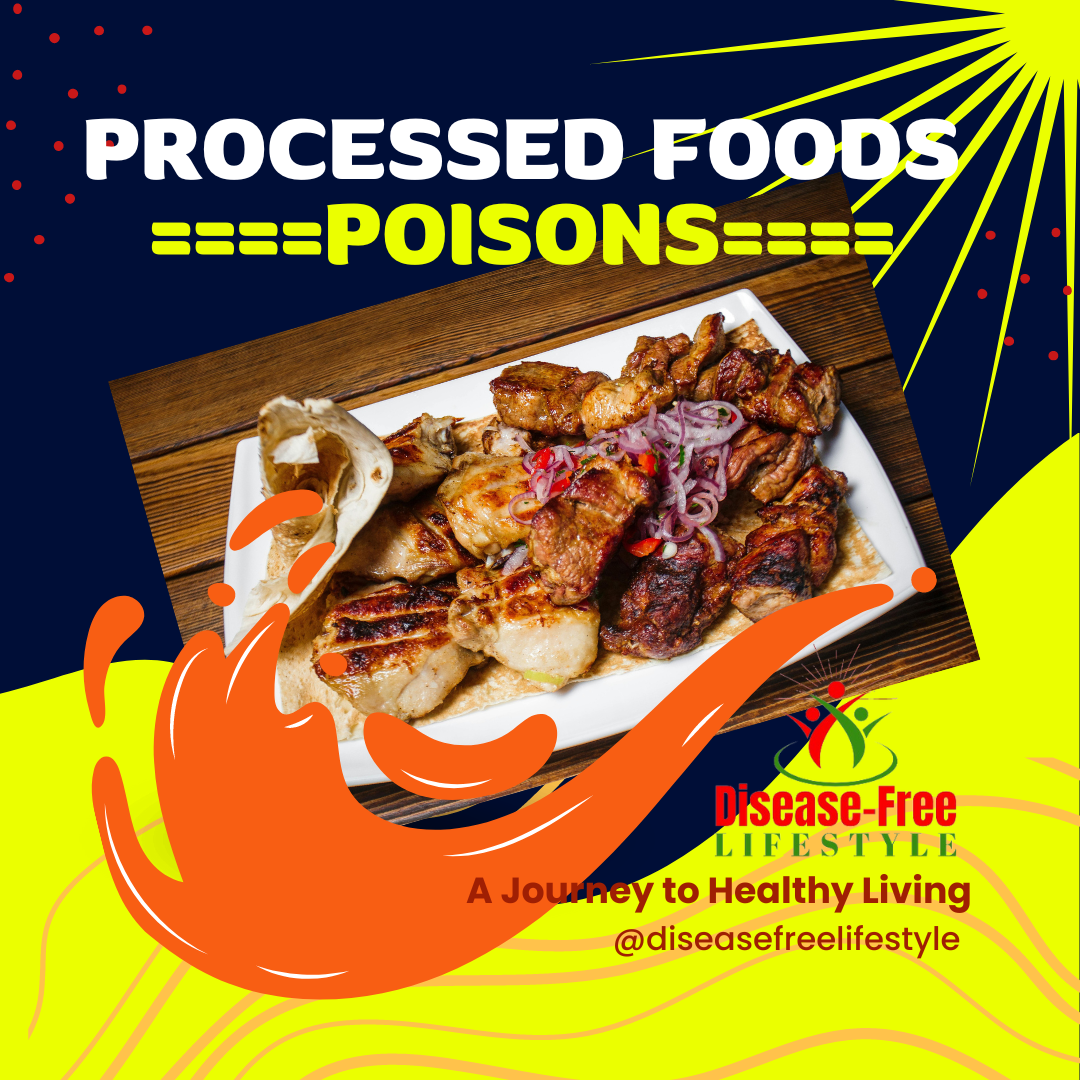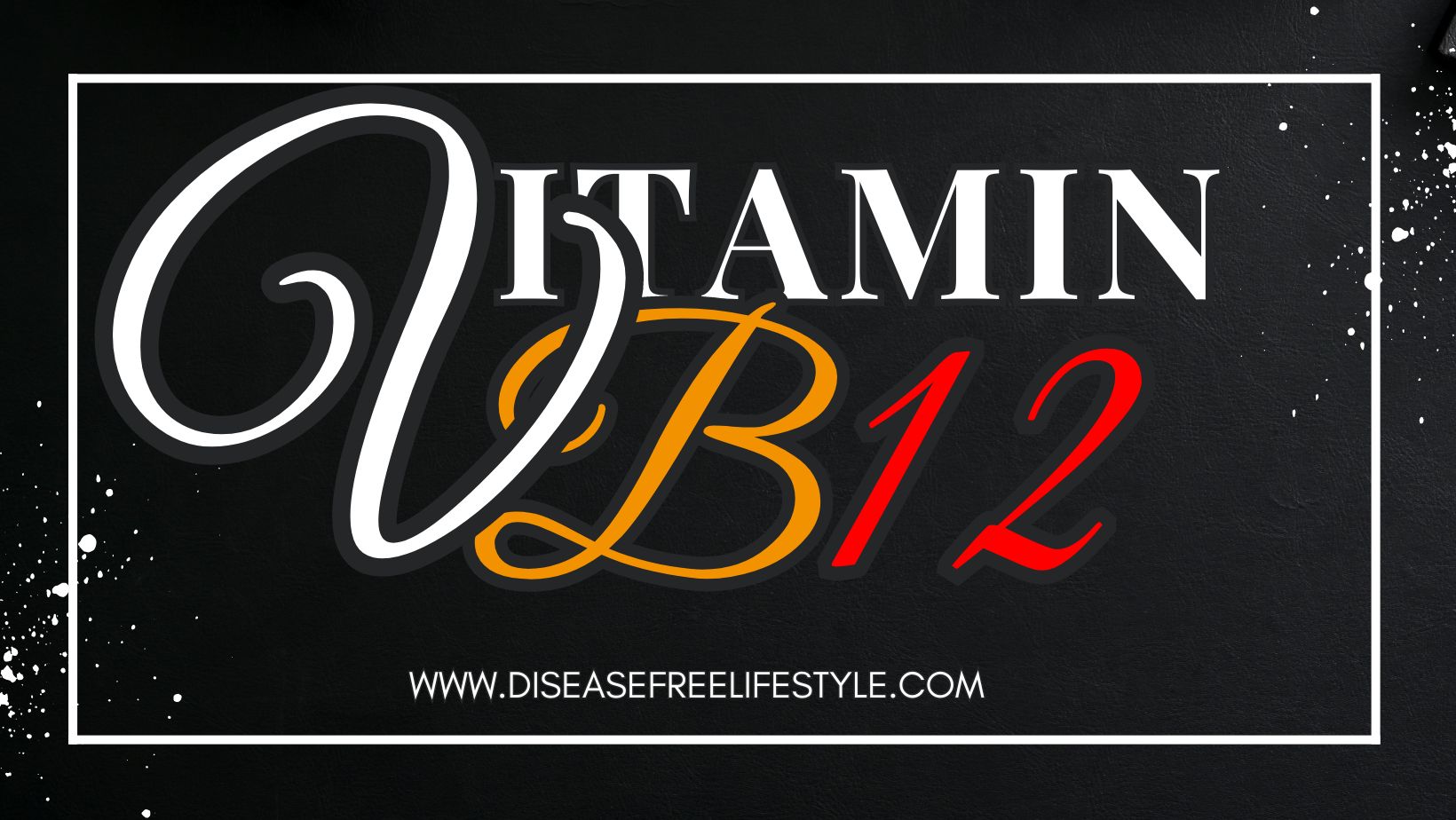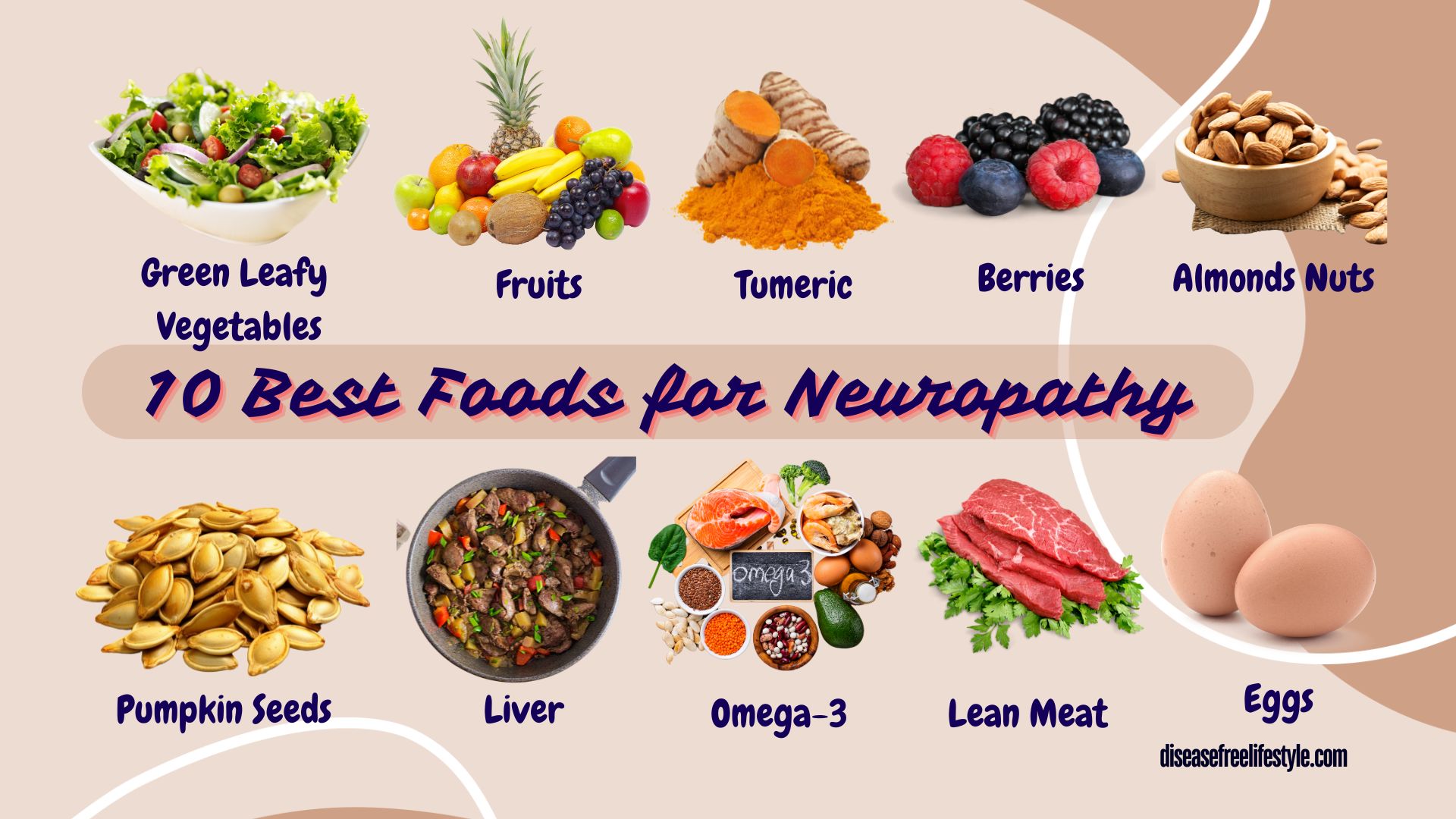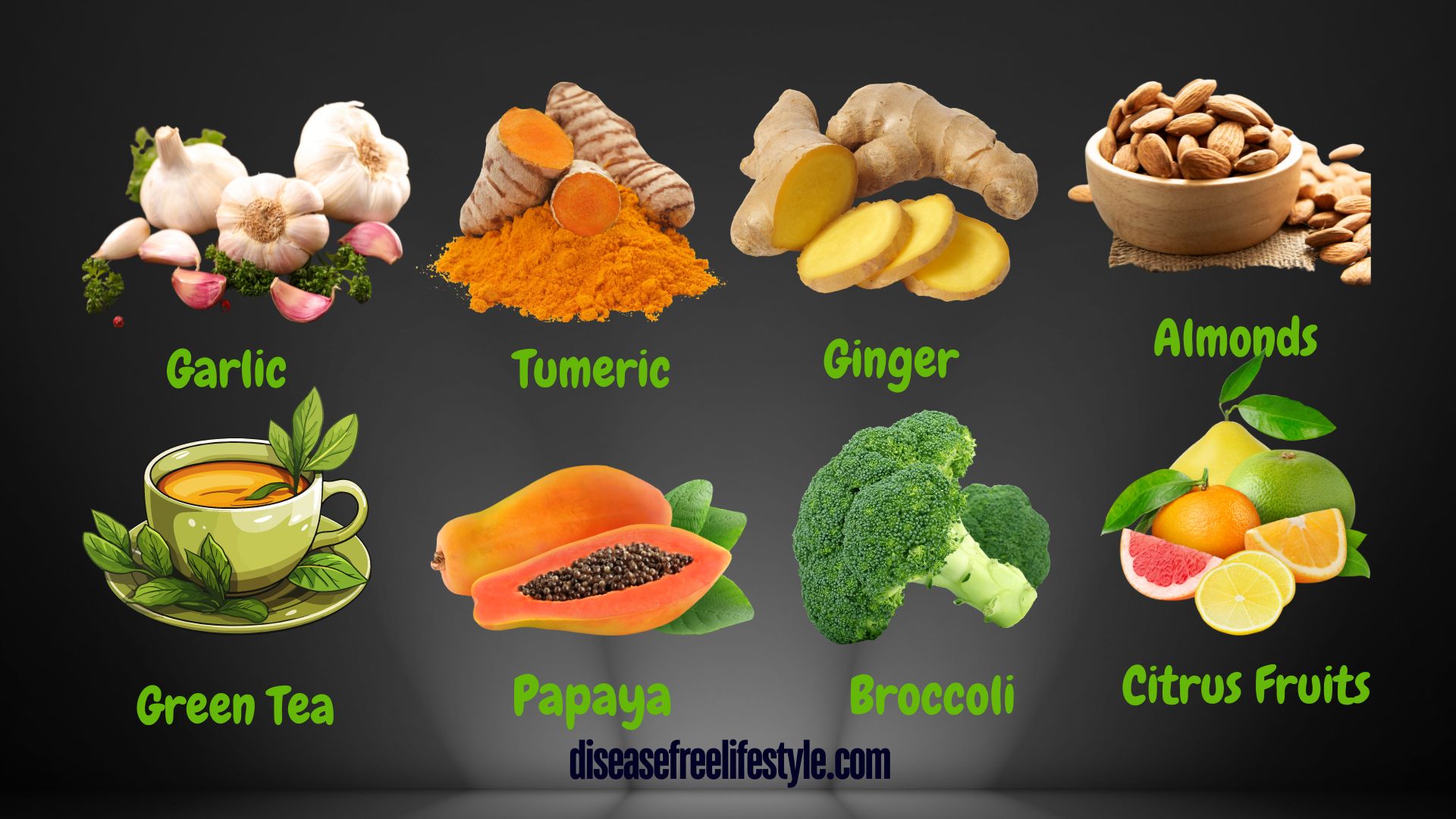 In today’s fast-paced world, processed foods have become a staple in many diets. While they offer convenience, their impact on health is profound and often detrimental. Understanding the link between processed foods and chronic diseases is crucial for anyone striving to maintain a disease-free lifestyle. This article delves into how processed foods contribute to chronic diseases and act as a threat to your Healthy Lifestyle. I would like to offers some practical tips for minimizing their consumption.
In today’s fast-paced world, processed foods have become a staple in many diets. While they offer convenience, their impact on health is profound and often detrimental. Understanding the link between processed foods and chronic diseases is crucial for anyone striving to maintain a disease-free lifestyle. This article delves into how processed foods contribute to chronic diseases and act as a threat to your Healthy Lifestyle. I would like to offers some practical tips for minimizing their consumption.
Understanding Processed Foods
 Processed foods are those that have been altered from their natural state for convenience, shelf-life extension, or taste enhancement. These alterations often involve adding unhealthy ingredients such as sugars, salts, and unhealthy fats. Common examples include sugary snacks, ready-to-eat meals, canned soups, and processed meats like sausages and bacon.
Processed foods are those that have been altered from their natural state for convenience, shelf-life extension, or taste enhancement. These alterations often involve adding unhealthy ingredients such as sugars, salts, and unhealthy fats. Common examples include sugary snacks, ready-to-eat meals, canned soups, and processed meats like sausages and bacon.
The Link Between Processed Foods and Chronic Diseases
Obesity:
Processed foods are typically high in calories, sugars, and unhealthy fats, all of which contribute to weight gain and obesity. Obesity is a major risk factor for numerous chronic diseases, including type 2 diabetes, heart disease, and certain cancers. The high calorie density and low nutritional value of processed foods make it easy to consume excess calories, leading to weight gain.
Heart Disease:
Many processed foods contain trans fats and high levels of sodium, both of which are detrimental to heart health. Trans fats, found in partially hydrogenated oils, increase bad cholesterol (LDL) levels while decreasing good cholesterol (HDL) levels, leading to an increased risk of heart disease. Excessive sodium intake can cause high blood pressure, a significant risk factor for heart attacks and strokes.
Type 2 Diabetes:
The high sugar content in many processed foods spikes blood sugar levels and increases insulin resistance, leading to the development of type 2 diabetes. Consuming sugary drinks, candies, and pastries can lead to frequent blood sugar spikes and long-term metabolic imbalances.
Cancer:
Certain processed foods, particularly processed meats, have been linked to an increased risk of cancer. The World Health Organization (WHO) classifies processed meats as a Group 1 carcinogen, meaning there is strong evidence that they cause cancer, particularly colorectal cancer. Additives like nitrates and nitrites, used in preserving processed meats, are implicated in cancer development.
Digestive Issues:
Processed foods often lack fiber, essential for healthy digestion. A diet low in fiber can lead to digestive problems such as constipation, diverticulitis, and an increased risk of colorectal cancer. Whole foods, such as fruits, vegetables, and whole grains, provide the necessary fiber for a healthy digestive system.
Minimizing Processed Food Consumption
Opt for Whole Foods:
Whole foods are those that are minimally processed and closest to their natural state. Fresh fruits, vegetables, whole grains, nuts, seeds, and lean proteins should be the foundation of your diet. These foods are rich in essential nutrients and free from unhealthy additives.
- Read Labels:
When purchasing packaged foods, read the labels carefully. Look for products with fewer ingredients and avoid those with trans fats, high levels of sodium, and added sugars. Ingredients are listed in order of quantity, so the first few ingredients are the most significant.
Cook at Home:
Preparing meals at home allows you to control the ingredients and cooking methods. This can significantly reduce your intake of processed foods. Batch cooking and meal prepping can make home-cooked meals more convenient.
- Choose Natural Snacks:
Replace processed snacks with natural options like fruits, nuts, yogurt, or vegetable sticks. These snacks provide essential nutrients without the unhealthy additives found in processed snacks.
- Stay Hydrated:
Drink plenty of water instead of sugary drinks. Water supports overall health and helps in the digestion and absorption of nutrients.
Conclusion
The impact of processed foods on chronic diseases is undeniable. Their high content of unhealthy fats, sugars, and sodium contributes to obesity, heart disease, diabetes, cancer, and digestive issues. For those seeking a disease-free lifestyle, minimizing the consumption of processed foods and focusing on whole, nutrient-rich foods is essential. By making informed food choices, reading labels, cooking at home, and opting for natural snacks, you can significantly reduce the risk of chronic diseases and enhance your overall health.
Adopting these strategies not only supports a disease-free lifestyle but also promotes long-term well-being and vitality. Start making these changes today to pave the way for a healthier future.










